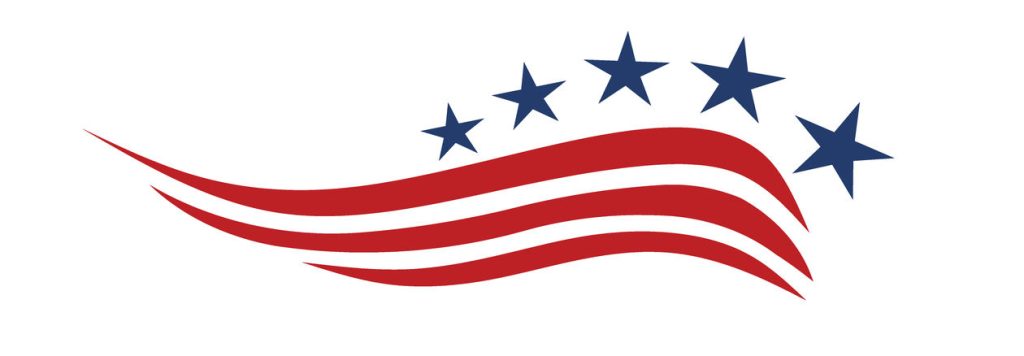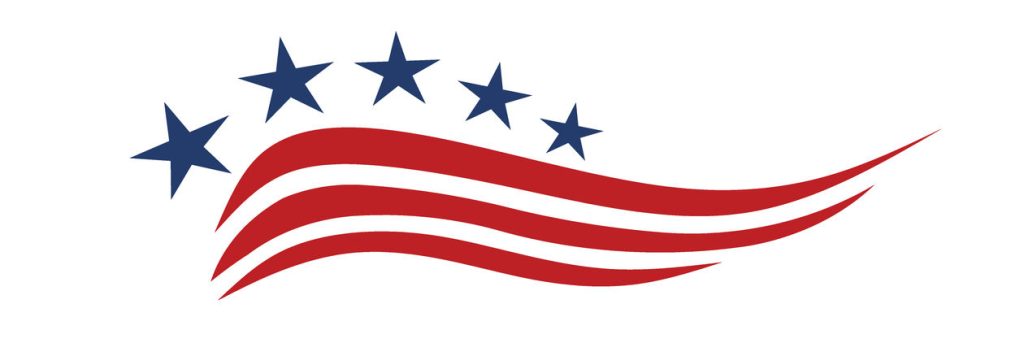On the day after the November 3, 2020 presidential election, Americans learned that there were pauses in the vote counts in some states during the middle of the night, followed by big vote dumps for Biden early the next morning. The late election night camera footage from State Farm Arena in Atlanta certainly caught people’s attention, with election workers who appeared to be waiting for everyone else to leave and who then got back to work counting ballots once no election observers were present. These were two of the many weird anomalies that must cause some people to fear that our election process may now be permanently flawed, and people who feel that way are less likely to vote in future elections.
Georgia’s new voting law S.B. 202, the Election Integrity Act of 2021, is far from perfect, but it attempts to remedy a substantial number of the fraudulent-appearing irregularities of the 2020 election. One of the provisions of the new law is a requirement that the election superintendent and the poll officers shall not cease counting ballots or postpone the computation until all ballots are counted and the computation of the votes has been fully completed. Not allowing a pause in the counting makes it difficult for anyone with evil intent, to estimate how many ballots are needed to swing an election in favor of one candidate, or to discover additional ballots in interesting places.
Another provision of the new law is related to enforcement. The State Election Board may now suspend county or municipal superintendents due to violations of the election code, and the board may appoint a temporary superintendent with all the powers and authority to make personnel decisions related to employees including the director of elections, the election supervisor, and all poll workers. This new rule should help ensure election law compliance by election workers at all levels. Requiring that the final results of an election are quickly available to the public and that election workers can be removed from their jobs for wrongdoing should help restore confidence in the integrity of our elections. Part 3 of this series will address changes to the election code on private funding and donations.

